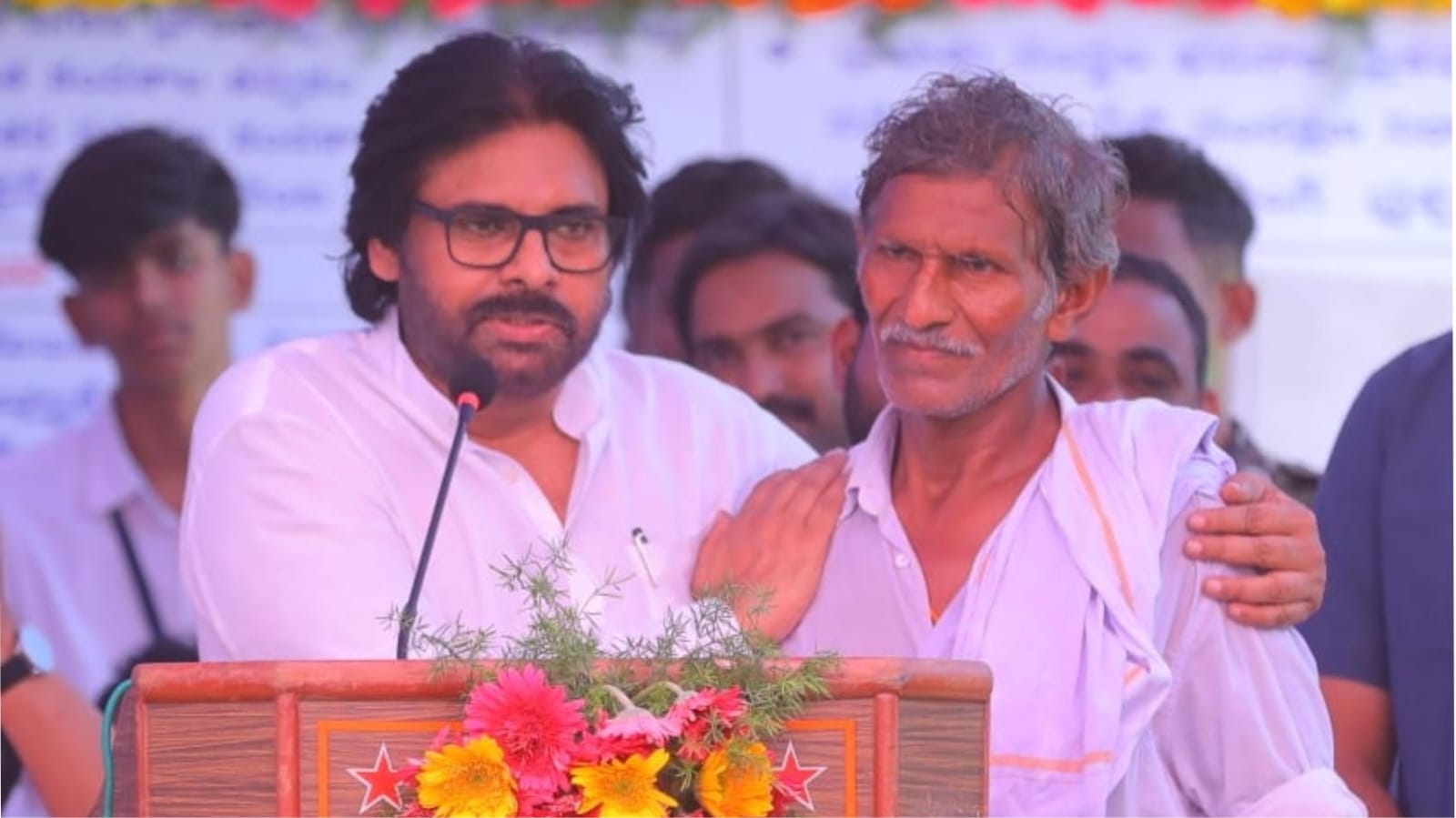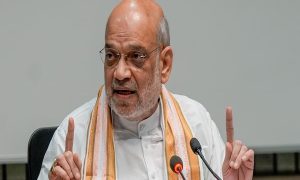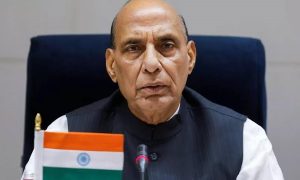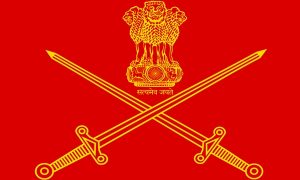Deputy Chief Minister and Minister of Panchayat Raj, Andhra Pradesh government, Konidala Pawan Kalyan has never been a typical politician. With a distinct perspective, a long-term vision, and a commitment to the public good, he has consistently demonstrated a unique approach to politics. Throughout his journey, he has faced numerous challenges, setbacks, and humiliations, yet he has never compromised his principles. He has never sought power for its own sake; instead, power has sought him. The people themselves have awarded him a perfect score, entrusting him with leadership.
From the moment he took charge of the Panchayat Raj Department, it should have been evident to everyone that Pawan Kalyan was not interested in titles or status—he was driven by a sense of responsibility. The responsibility Gandhi envisioned for the future of India, a responsibility to improve the living standards of over 75% of the population in a state like Andhra Pradesh. The responsibility to revive a system that had been rendered ineffective by previous government policies and to bring it back on track towards development.
In Andhra Pradesh, we are witnessing a powerful example of the saying, “Powerful people make positions impactful.” Until now, we have seen many ministers in charge of the Panchayati Raj, but today we are witnessing a minister who is making history.
Pawan Kalyan, by nature, possesses revolutionary ideals akin to those of Bhagat Singh, with a natural inclination to oppose any form of injustice. He is demonstrating that a politician with an activist’s spirit can effectively uphold Gandhian principles—principles seemingly at odds with Bhagat Singh’s—while holding a constitutional office without compromising his values. This is a new phenomenon in our politics. His participation is rooted in responsible activism rather than in reckless opposition for mere political gain. When government employees requested the cancellation of the Contributory Pension Scheme (CPS), Pawan Kalyan took a thoughtful stance, while Jagan Mohan Reddy, who promised to revoke it within a week without proper consideration, was ultimately rejected by the employees within five years. Five years later, everyone understood that Pawan’s approach was the right one. Thus, Pawan Kalyan can be said to embody responsible activism. Even now, as a minister, he approaches his role as an activist for panchayat rights, taking on the responsibility of empowering them himself.
Pawan Kalyan’s call as a brand ambassador for local village assemblies—to resolve local issues, ensure proper utilisation of funds, and make democracy truly effective—has deeply inspired women, youth, and adults alike. If he were a brand ambassador for a multinational company, he would command millions in fees. Yet, a person of such high value has chosen to dedicate himself to awakening the people with the message “Our Village, Our Empowerment” for the sake of public welfare, which has deeply moved the populace. Through his advocacy of the Panchayati Raj system, Pawan Kalyan has become a teacher imparting lessons in history, a mother offering encouragement, and a father providing financial support to the panchayats. His strategy reflects the principle of “Bhramara Keetaka Nyaya” (a concept in Indian philosophy), demonstrating that the seemingly impossible can be achieved with ease. The villages that responded to his call actively participated in the Gram Sabhas, and under his guidance, achieved a 100% participation rate.
We have witnessed the Green Revolution and the White Revolution. Now, in line with Pawan Kalyan’s vision, we are about to witness a Panchayat Revolution that will transform the landscape of Andhra Pradesh. There are indications that the development of Andhra Pradesh’s panchayats will evolve into a movement that serves as a model for the entire nation.
We have seen lamps lit atop mountains, but under Jagan’s government, even streetlights were elevated to mountaintops. There were no functional streetlights, yet all the Panchayat funds were swallowed under the guise of electricity bills. He misappropriated employment guarantee funds and Finance Commission allocations, rendering the Panchayat system powerless. In these circumstances, with rural India strangled and devastated, the people turned to Pawan Kalyan for leadership in rural governance.
This government has allocated funds to panchayats even before the Gram Sabhas were held. It has successfully conducted Gram Sabhas and, most importantly, instilled a sense of hope and confidence in the people about future development.
As Pawan Kalyan leads this massive rural movement, it is crucial for civil society to stand firmly behind him. Jagan Mohan Reddy is like a thousand-headed demon, nurturing a venomous entity like Sakshi (a reference to Jagan’s media outlet). It is essential to remain vigilant and prevent Sakshi, whose sole aim is to spread venom, from gaining any foothold. Importantly, Jana Sainiks (members of Pawan Kalyan’s political party, Jana Sena) who feel their work is done after Pawan’s success must step forward and join hands in this grassroots movement for rural development.




























 WhatsApp us
WhatsApp us